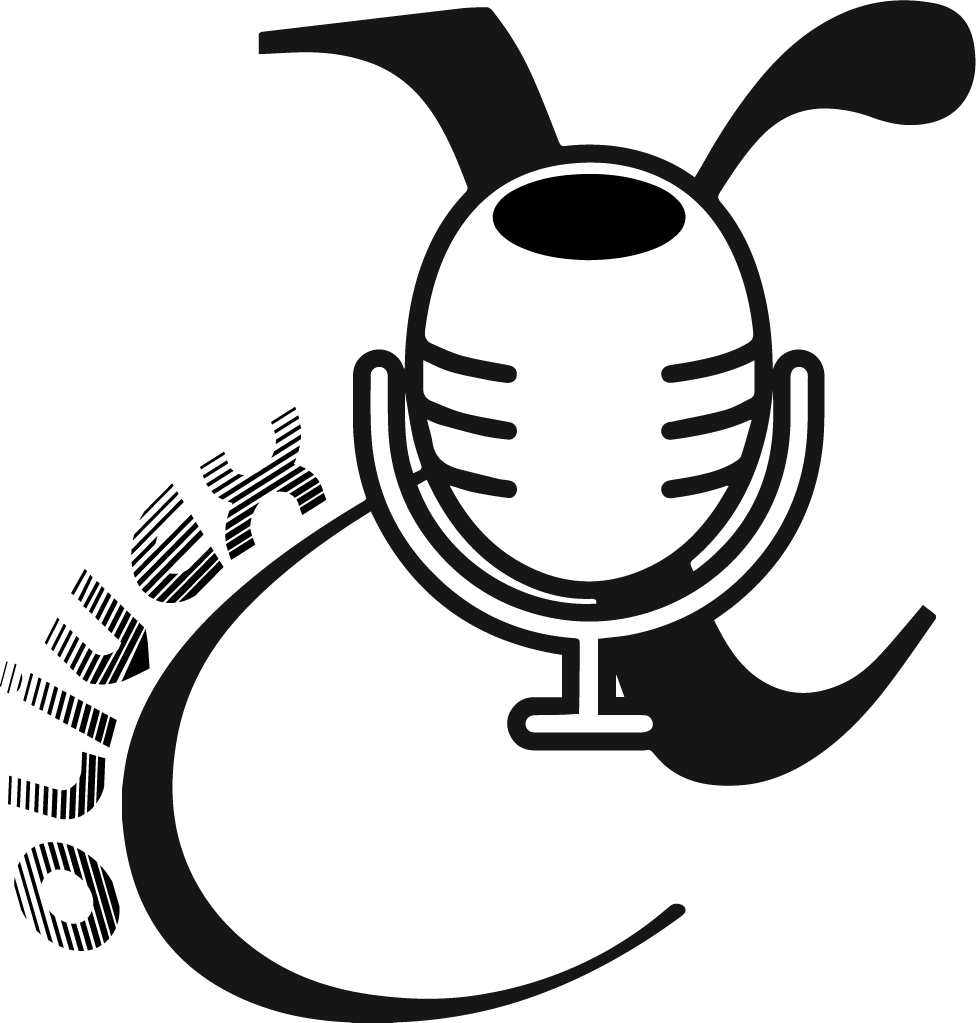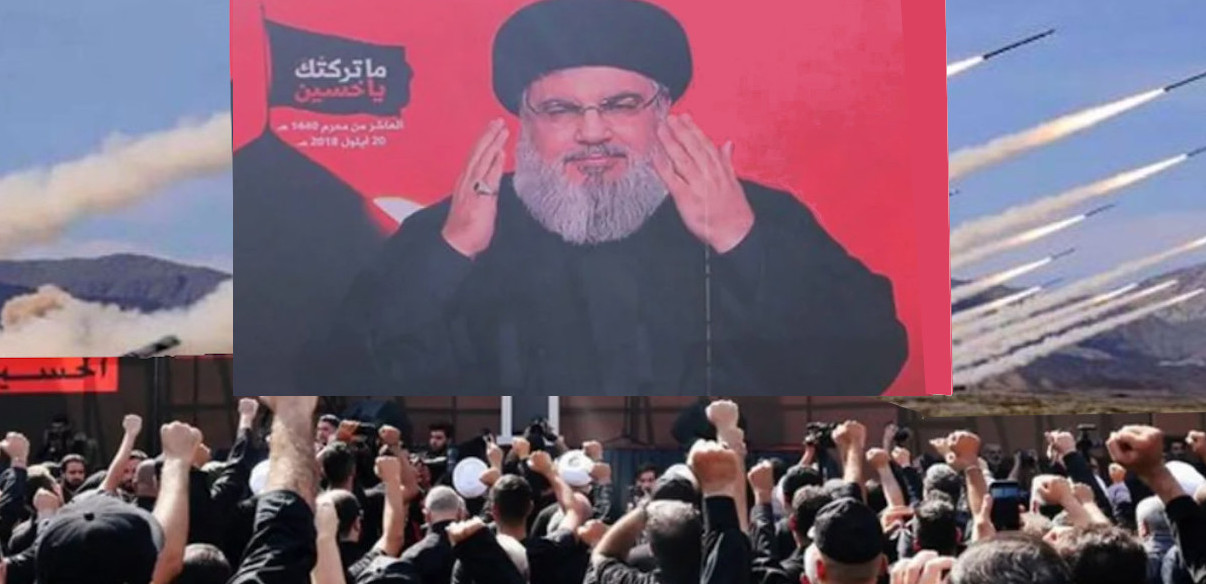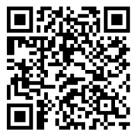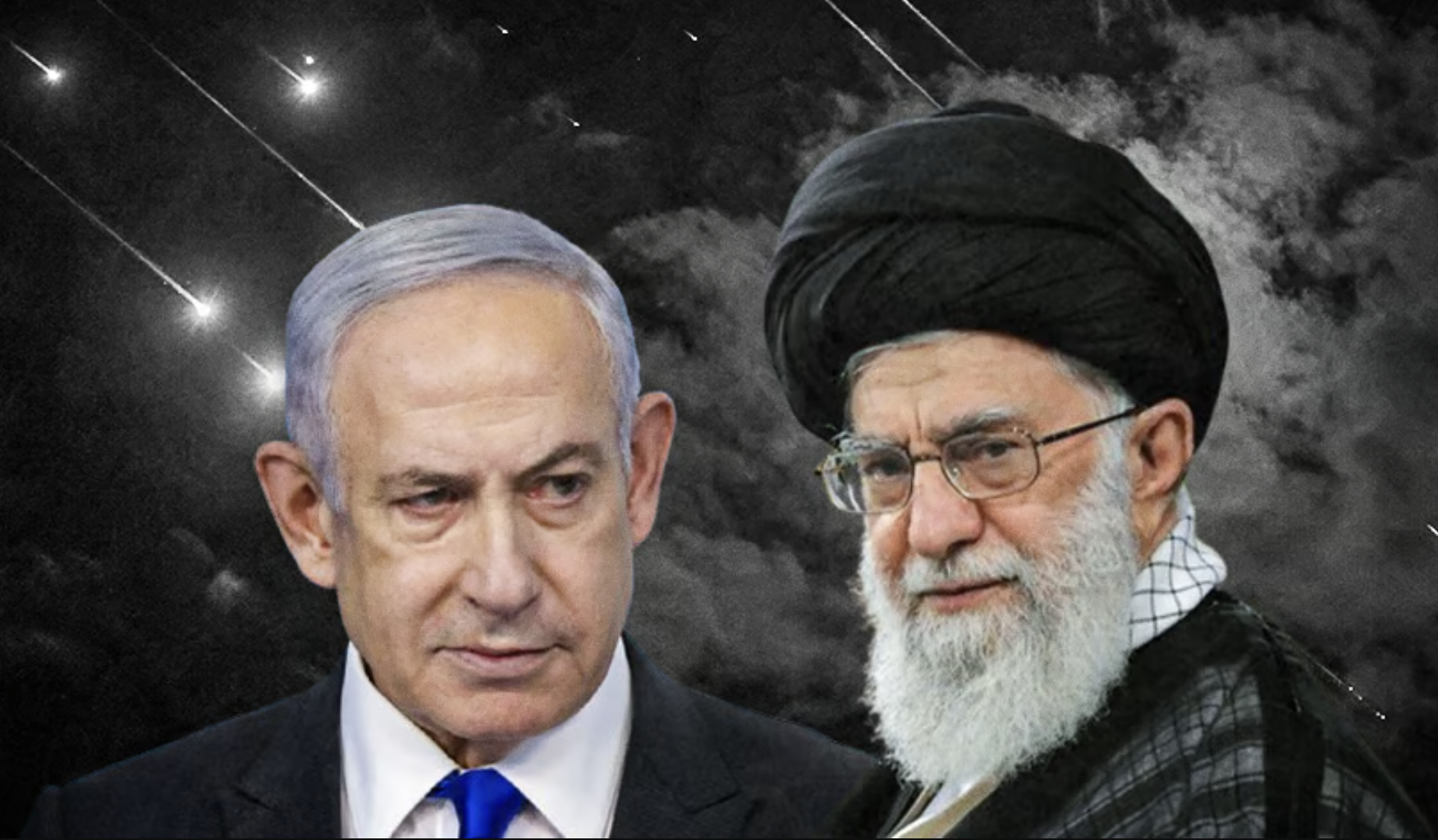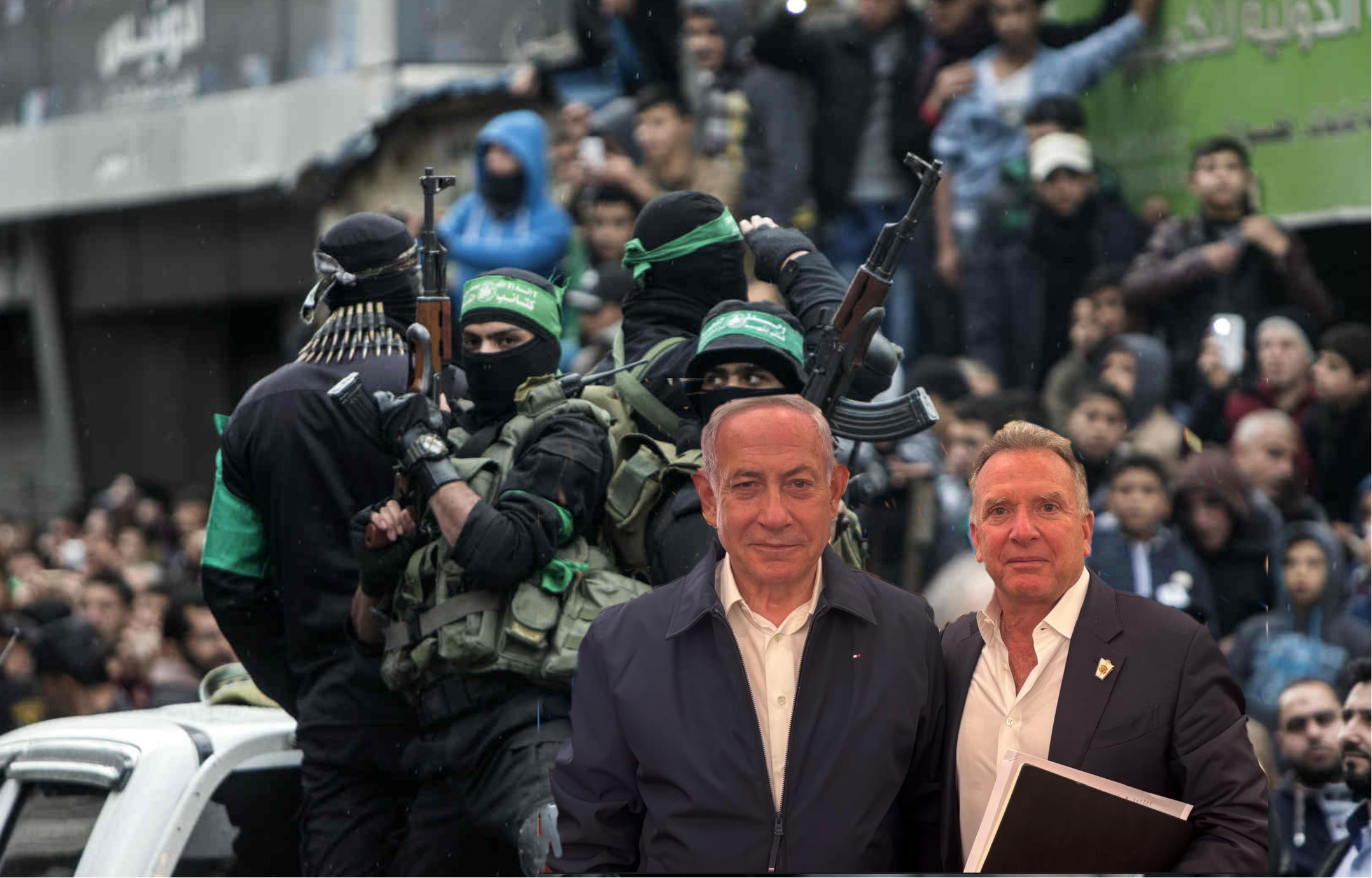Israel has escalated the war by attacking Lebanon: it started with the pagers explosions, then the assassination of many leaders and now the ground invasion has started. More than 1000 Lebanese people have been killed in just ten days. The question that everybody in Lebanon asks is: why isn’t Hezbollah striking back?
Many explain that the start of the war between Hezbollah and Israel began on 8 October when Hezbollah started it’s low-intensity attacks, saying it did it in support of Gaza. In their attacks they bombed sites, spy-equipment and open areas while being careful not to kill soldiers or civilians. On the other side Israel did target Hezbollah fighters and killed around 500 of them, while only 22 soldiers were killed. In addition to that Israel has used phosphorus and destroyed some neighbourhoods entirely.
One could argue that the balance of power is in favor of the Israeli’s but the differences in amount of killing doesn’t represent differences in power but differences in choices. When the Gaza genocide started, all eyes in the Middle East were directed to Nasrallah. The man who achieved something that no one has achieved: defeating Israel, not once but twice; in 2000 and 2006. Since then, the popularity of Nasrallah has skyrocketed in the Middle East, becoming the single most popular figure in the region. This began to change, among others, when Hezbollah interfered in the Syrian civil war and their alleged role in the Beirut explosion in 2020. Hassan Nasrallah’s first speech since the genocide came only after 1 month where he proudly said: “A civilian for a civilian”. The proud part of it was the fact that Hezbollah under his leadership became the strongest guerilla force in the world, capable of hurting Israel seriously.
Hezbollah is capable to paralyse Israel completely
Hezbollah’s impressive arsenal includes long-range rockets, precision weapons, anti-air and anti-ship missiles, ballistic rockets and it advanced drones, long-range and precision weapons, up to 100.000 fighters, and an extensive and sophisticated underground tunnel network system. So, what does this mean? This means that Israeli planes can no longer fly without risks, as it also means that Hezbollah has an air force (drones) of its own. Subsequently it means that they can reach every single place in Israel.

And what are these weapons capable of doing? A lot. First of all, Hezbollah has the capacity to invade Galilee, a mountainous area divided between Israel and Lebanon. It’s quite astonishing, for those who are familiar with the region, that the untouchable Israel can be invaded by an army without tanks and planes. Nasrallah has threatened numerous times to invade Galilee.
Maybe more astonishing is that Hezbollah is also able to hit vital Israeli infrastructure. The power plants are within the reach of the movement, meaning that Israeli civilians will have no access or very limited access to electricity.
The rocket arsenal also means that the Shia organisation is able to fire thousands of rockets a day and kill hundreds of Israeli civilians, at an unprecedented rate.
Hezbollah has also chemical weapons and is also able to conduct cyberattacks. Combined, it will paralyse Israeli state and society. This potential threat raises the concern that the Israeli state will not be able to function in terms of electricity, communication, food supply chain, and the mass absence of work from civilians.1
The energy infrastructure is also vulnerable: fuel storage facilities, power stations, oil refineries, gas fields, airport and the seaports, predominantly located in Haifa, are all potential targets.2
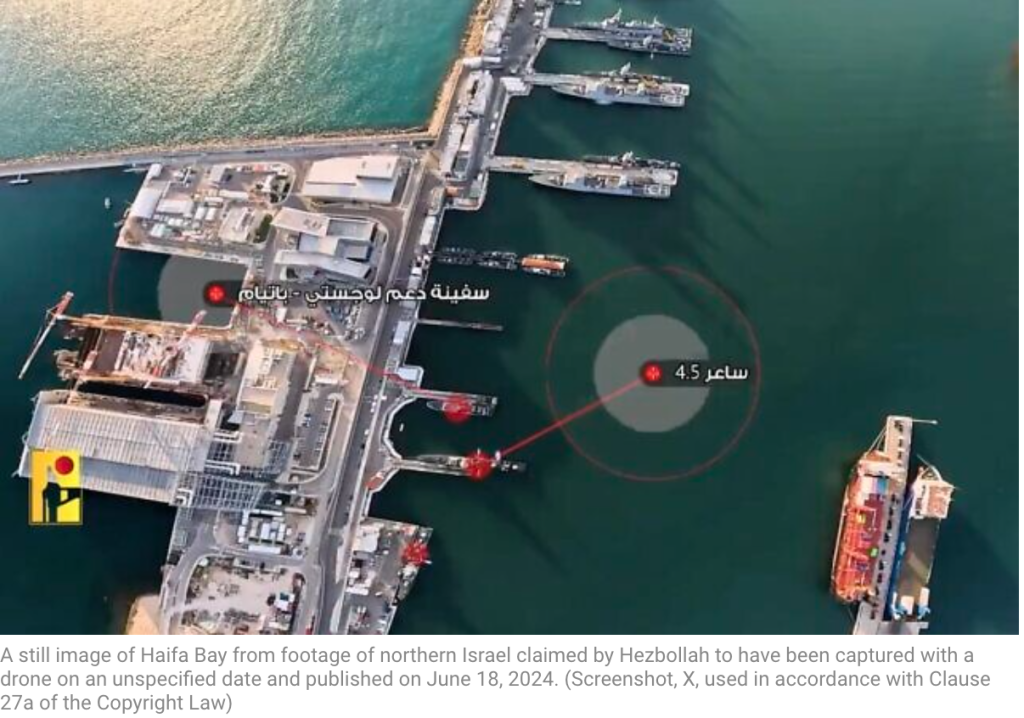
Haifa has also the largest port of the country since it is responsible for a large portion of the countries imports and exports.
By any attack on Haifa seaport, the port must cease its work. More importantly, Hezbollah can also reach Israel’s water infrastructure. The water desalination industry in a country that already faces water scarcity provides up to 85% of its drinking water. In a worst-case scenario, the Israelis will have to deal with an enormous health crisis. Furthermore, air traffic can be reduced to zero since Ben Gurion Airport is within the reach of their northern neighbours, which will impact the economy significantly. Not to mention the highways: the main economy lays between Tel Aviv and Jerusalem. When this high-traffic highway is struck, it will have a huge impact across numerous sectors.
Hezbollah can also overwhelm the Iron Dome defence system by using a combination of PGMs, rockets, and drones3.
In sum, we can say that an all-out war with Hezbollah can damage the Jewish country as never seen before; their army will be tested as never seen before and the Israeli’s will be bleeding as never before.
The Israeli economy will collapse, the life will be literally on hold.
The country that was seen as untouchable can reach new record lows.
That Israel can also hurt Lebanon in the same manner, if not worse, is already known.
The trump card of the weaker party lays in giving punches instead of not getting punches, simply because with avoiding punches you can’t win a war.
In case of such an all-out-war and if Israel gets serious blows, the public most likely will retrieve it’s support for the war, making it for their leaders difficult to continue. This is also what we have seen in the 2006 war: when Hezbollah fired rockets into populated areas for the first time in history at that scale and was able to hurt IDF, the support for the war diminished in Israel and ended after a month. One of the main strategies of Hezbollah was to inflict losses on the IDF, believing an unwillingness to absorb big losses, is Israel’s weakness. It’s widely accepted that Israel has lost that war.
TEXT CONTINUES BELOW
1000 vs 2 DEATHS: WHY ISN’T HEZBOLLAH STRIKING BACK?
After the summary about Hezbollah’s weapons, the logical question arises: why haven’t we seen anything of it? The armed movement has plenty of reasons to use its force: Israel has started the war and has escalated it many times: more than thousand Lebanese are killed in roughly ten days. It has assassinated many senior commanders and leaders, including their leader Nasrallah, and now they have started with a ground invasion.
Photo 1/3: press arrow for next slide
Nasrallah didn’t keep his promise of ‘a civilian for a civilian.’ He didn’t even come close to it. It was actually already quite clear from the beginning that Hezbollah didn’t want to escalate the war, while Israel, actually Netanyahu, did want to escalate.
In his first speech since the genocide, Nasrallah also exaggerated the cross-border attacks, saying that Israel needed to deploy many soldiers to their northern front to ease the pressure on Gaza. It was quite clear for Israel that Nasrallah didn’t want a war, while the tit-for-tat attacks didn’t hurt the country. Given what both parties could do in a war, the daily cross-border attacks were low-intensity, relatively harmless attacks. Even though Western media, as well as Al Jazeera, exaggerated the Hezbollah attacks by only mentioning the number of rocket-attacks but not mentioning that they didn’t lead to any deaths or injuries. The daily attacks didn’t hinder the Gaza genocide or put pressure on the IDF at all.
On 25 September, Hezbollah released a video showing its long-range missiles, and telling Israel:
“We can escalate, but we are choosing to de-escalate at the moment.”
Hamas leader Khaled Meshaal said in the early days of the war that the attacks of Hezbollah were not enough. He invited them, along with Iran, to join the war with full force. Apparently, the supreme leader of Iran, Ali Khamenei, didn’t like it and silenced these calls, making it a one-time comment from Meshaal.4 Then the question arises: why did Hezbollah start the daily fires? The only answer that remains is: for public image reasons.
When Israel started its escalation war on September 20th with bombing residential buildings in Beirut, there were no political analysts in the media who questioned Hezbollah’s unwillingness to react. For the last few days, they, especially the English-speaking Middle East media like Al Jazeera and Turkish TRT, have been slightly touching on this topic. An Al Jazeera reporter said (30 September) that Hezbollah doesn’t use its full force, fearing the Israeli reaction, like carpet bombing. The case of carpet bombing is most likely not true. If that’s the reason, then Israel can attack fearlessly, attack as much as it wants without fearing any serious retaliations. Hezbollah has killed just 2 soldiers while Israel has murdered 1000 Lebanese.
In the scenario of fearing the Israeli reaction one could ask: then what’s the reason for having all these weapons? If you can’t use them and if they don’t work as a way of deterrence, what’s the point of having them?
The assessment that Hezbollah made in 2006 is actually closer to the truth: Israel is unwilling to absorb big losses. Support of public opinion in a war is almost as important as having munitions. In this case, Israel is the one that gives the punches and doesn’t take any, it’s even not worried about it. The support for the war against Hezbollah (actually Lebanon) is high, and against all odds, Netanyahu’s popularity is on the rise yet again which was actually one of the most important reasons he started with this war.
Why shouldn’t the Israeli public support the war? They enjoy to see the assassinations of one leader after another while nobody touches them. As long as Hezbollah doesn’t react, it gives Israel a green light to continue, and even to expand, the war as we are witnessing it. So why doesn’t Hezbollah react?
The one logical answer that remains is: because of Iran. Hezbollah’s main supplier wants to avoid an all-out war at all costs.
We have seen this numerous times: like Hezbollah, Iran is also not striking back.
Not when their embassy in Syria was bombed, at least not with a serious reaction. Not when several other high-ranked Iranians were assassinated, and not when Israel bombed Iran after Iran’s retaliation.
Not to mention the Kerman bombings, the deadliest terrorist attack on Iranian soil, on 3 January 2024. Although they say that ISIS, which pumped out suddenly, has claimed responsibility, it is quite possible that it was Israel, to retaliate for the 7 October attacks. In a press conference on January 18, Netanyahu answered a question about not attacking Iran directly: Not to mention the Kerman bombings, the deadliest terrorist attack on Iranian soil, on 3 January 2024. Although they say that ISIS, which pumped out suddenly, has claimed responsibility, it is quite possible that it was Israel, to retaliate for the 7 October attacks. In a press conference on January 18, Netanyahu answered a question about not attacking Iran directly:
“Who says we don’t attack Iran? We are attacking Iran”.
The sudden death of the Iranian president and Minister of Foreign Affairs in an apparent helicopter crash could also be the reckoning of Israel. An anonymous Israeli source denied involvement in the crash, which is suspicious when you can also not comment at all. Also suspicious was a X account that is linked to Iran, which tweeted the day after the crash that accidents happen, also in Iran5
How could one know this at that stage while the investigation had yet to begin?
Even without these two incidents, Iran has plenty of reasons to retaliate, and by not doing it, it shows its weakness. And that’s the reason Iran doesn’t react: Israel is stronger, and a war will put the country decades back. Most likely, Iran is developing a nuclear weapon, and a war will endanger that process. While Israel’s goal is to prevent Iran from having nuclear weapons. If they want to prevent it, the time for war is now because it will be too late when they already have it.
Now the Jewish state has bombed Gaza back into the Stone Age, committing huge war crimes in Lebanon, and assassinated almost the whole leadership of Hamas and Hezbollah, the question is what’s next. Also, it must be noted that it seems that nobody is willing to stop the Israeli killing machine, even the USA. While it goes against it’s interest, the Biden administration just like the international community don’t do anything except some loose statements. It would be more convincing if they sanctioned Israel. Since they still don’t do that, then what’s next?
Some within Israel are saying now that the Iranian nuclear program must be next. Only in that case will Iran and Hezbollah fight back with their full force. This also means that Hezbollah has betrayed the Lebanese people.
While the Biden-administration don’t want to be dragged into a wider war, but the administration seems too weak to stop Netanyahu’s plans for a wider war. Only imposing sanctions can hold Netanyahu back but the Americans are not willing to do that, at least for now.
- https://www.israelhayom.com/2023/08/07/unprecedented-rocket-salvo-and-disruption-to-infrastructure-idf-predicts-what-hezbollah-flare-up-could-look-like/ ↩︎
- https://www.habtoorresearch.com/programmes/hezbollah-disable-israel-electric-grid/ ↩︎
- https://www.lawfaremedia.org/article/hezbollah-s-precision-threat-to-israel ↩︎
- https://english.aawsat.com/world/4671921-iran-supreme-leader-asks-hamas-silence-calls-iran-hezbollah-intervention-war ↩︎
- Account is: @EyesOnSouth1 ↩︎
